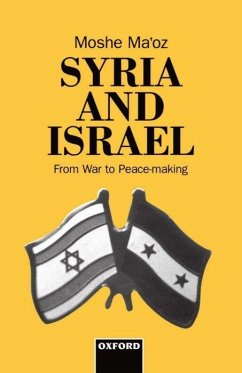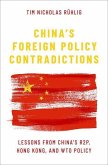No Arab-Israeli war is possible without Egypt, and no Arab-Israeli peace is possible without Syria. This view, widely held among Middle Eastern analysts, has gained special importance since the later 1970s, when Egypt made peace with Israel, and the Arab-Israeli conflict became, in many respects, a bitter Syrian-Israeli conflict. Syria and Israel fought full-scale wars in 1948, 1967, and 1973, and clashed in border battles. Following the Egyptian-Israeli peace treaty (1979), Syria and Israel, backed by the USSR and the USA, remained the major protagonists of this deep-rooted conflict. This book examines the history of relations between Israel and Syria throughout the Middle Eastern conflict. It explains the factors influencing their relations, the regional and global ramifications of their interactions, and the effect of domestic policies on both their relations. Drawing upon a variety of original sources and newly released documents, the author discusses still little-known episodes in relations between the countries such as Syrian peace offers to Israel in the early 1950s and mid-1970s; American and Soviet involvement; the role of Iraq, Jordan, Lebanon, and the PLO; Israel's contribution to the aggravation of the conflict with Syria, and the new Syrian diplomatic strategy since 1988 and the peacemaking process after the Madrid Conference (from late 1991). The author demonstrates the crucial importance of Syrian-Israeli relations for the strategic posture of both countries, for the fate of the Palestinian problem, and for the prospects of an overall Middle East peace settlement.
Hinweis: Dieser Artikel kann nur an eine deutsche Lieferadresse ausgeliefert werden.
Hinweis: Dieser Artikel kann nur an eine deutsche Lieferadresse ausgeliefert werden.








